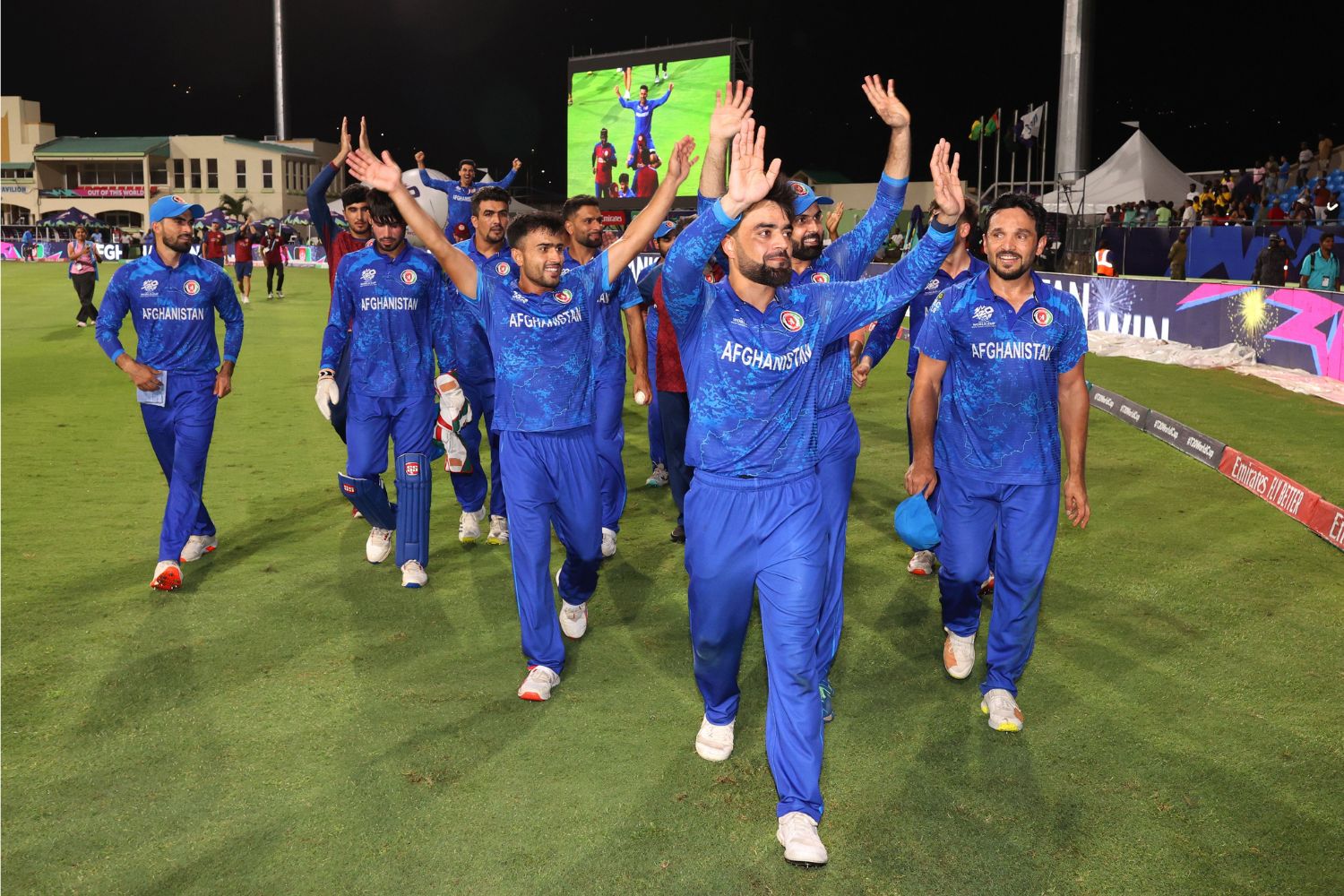Bilateral relations between these two BRICS+ countries have reached a new level as they deepen their commercial partnership by promoting the Arabic language in India. Students and lecturers from Indian universities and colleges that offer Arabic courses are participating in training sessions, workshops, and competitions as part of the Arabic Language Month organized by the King Salman Global Academy for Arabic Language (KSGAAL).
The academy aims to develop and improve Arabic teaching for non-native speakers in India, the world’s most populous nation. The event, which began online in late June and runs until July 26, underscores the growing importance of Arabic language education. Arabic language instruction is well-established at Jawaharlal Nehru University in New Delhi, where it has been part of the curriculum for decades. Dr. Abdullah bin Saleh Al-Washmi, Secretary-General of KSGAAL, highlighted India’s significant role in promoting Arabic.
He noted a rising demand for Arabic learning within India’s vast and diverse human, linguistic, and cultural landscape, as reported by Indian media. Learning Arabic gives Indians an advantage for employment in Saudi Arabia, the second-largest employer of Indian expatriates after the United Arab Emirates. During a bilateral meeting with Crown Prince Mohammed bin Salman Al Saud in New Delhi last year, India’s Prime Minister Narendra Modi emphasized Saudi Arabia’s strategic importance.
The meeting resulted in the signing of over two dozen Memoranda of Understanding (MoUs) covering IT, agriculture, pharmaceuticals, petrochemicals, and human resources, among other sectors. India and Saudi Arabia share historically close and friendly relations with extensive people-to-people contacts. Bilateral trade between the two countries reached an all-time high of $52.75 billion in the fiscal year 2022-23. Saudi Arabia is India’s fourth-largest trading partner, while India stands as Saudi Arabia’s second-largest.
Despite India’s diverse multilingual landscape, there is a growing interest in learning Arabic, which further deepens commercial activities and cultural exchanges between the two nations. The Arabic Language Month in India features a range of educational activities led by Saudi linguists affiliated with KSGAAL. These activities include competitions, workshops, and enhancements to Arabic language teaching curricula at various educational institutions. Specialized sessions for instructors aim to familiarize them with the latest teaching methodologies.
Promoting the Arabic language aligns with Saudi Arabia’s Vision 2030 transformation strategy, which focuses on skill development and academia. Arabic has been taught in the Indian subcontinent for several decades and is now integrated into academic fields such as engineering, mathematics, philosophy, biotechnology, ICT, medicine, arts, humanities, social sciences, literature, and applied sciences. The Department of Education introduced Arabic as a separate teaching subject in 1956, and it is now offered as an optional teaching methodology subject for B.Ed trainees.
Jamia Osmania University in Hyderabad, established in 1917, offers Arabic through its Department of Islamic Studies, encouraging research in Islamic studies using the Arabic language, according to research by Dr. Hazli Hasan Khan, an assistant professor at MANUU’s Department of Education and Training in Hyderabad. The Arabic language program in India also focuses on enhancing the teaching skills of Arabic language educators locally and globally, particularly in non-native speaking communities.
Initiatives include supporting modern teaching activities for non-native speakers, improving teaching competencies, and organising scientific competitions to identify and encourage individuals with linguistic talents, according to reports from Gulf media Latest Data by UNESCO revealed that there currently 54000 Arabic Speakers in India.
ALSO READ: Celebrating youth and unity: The International Youth Poetry Festival in Hangzhou













